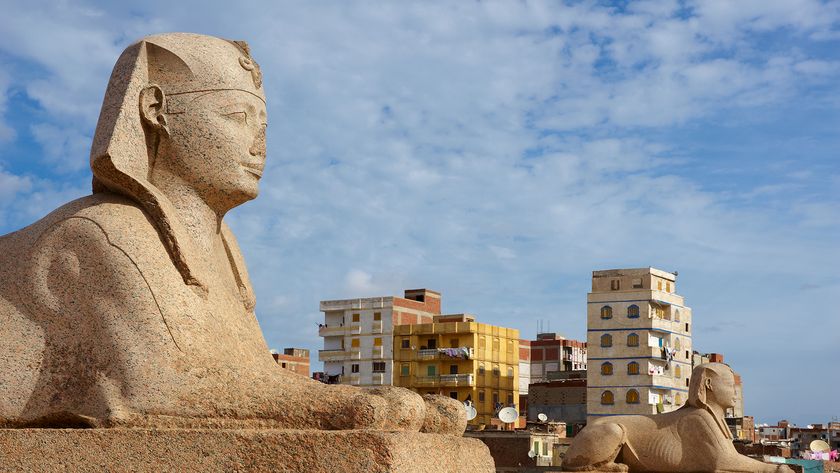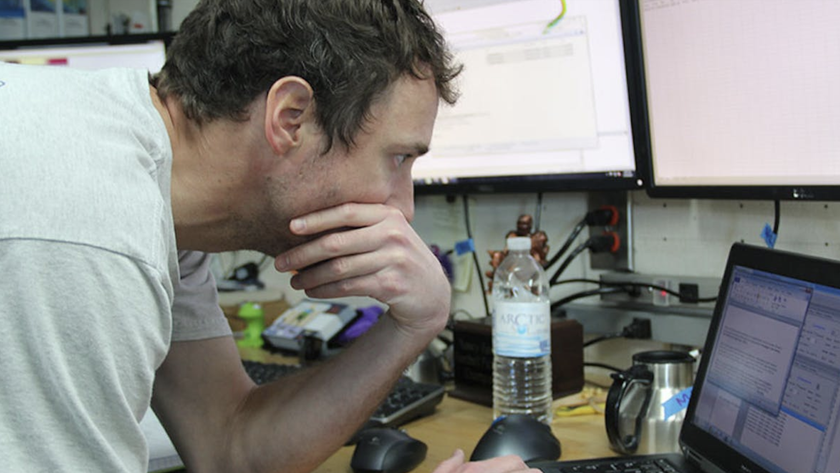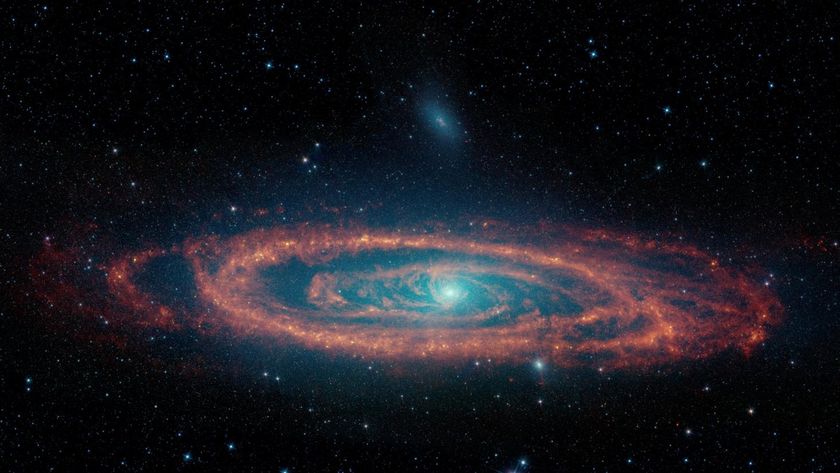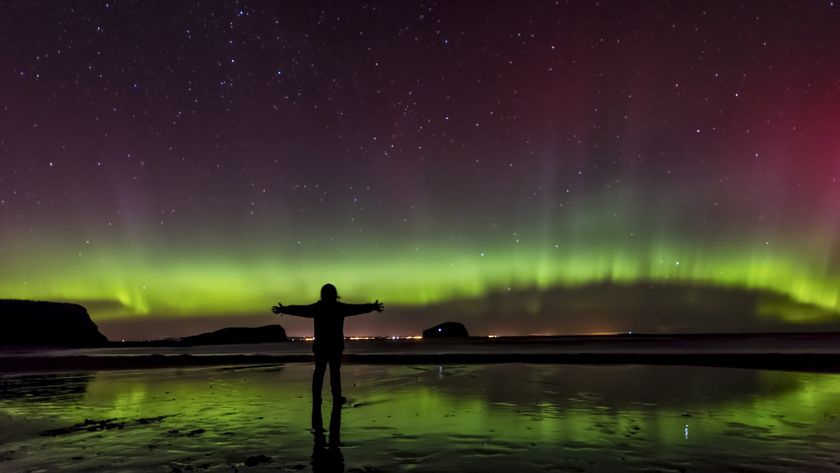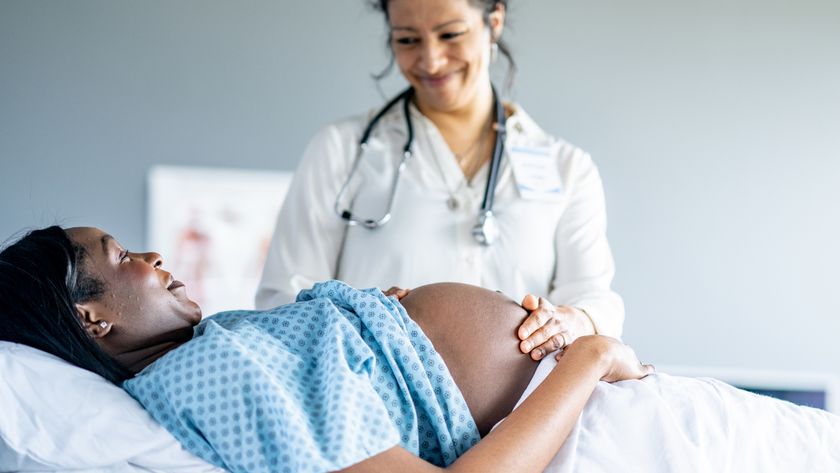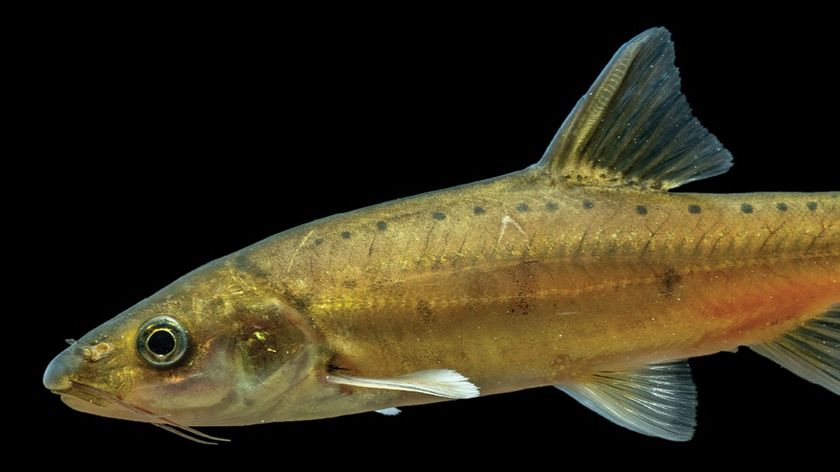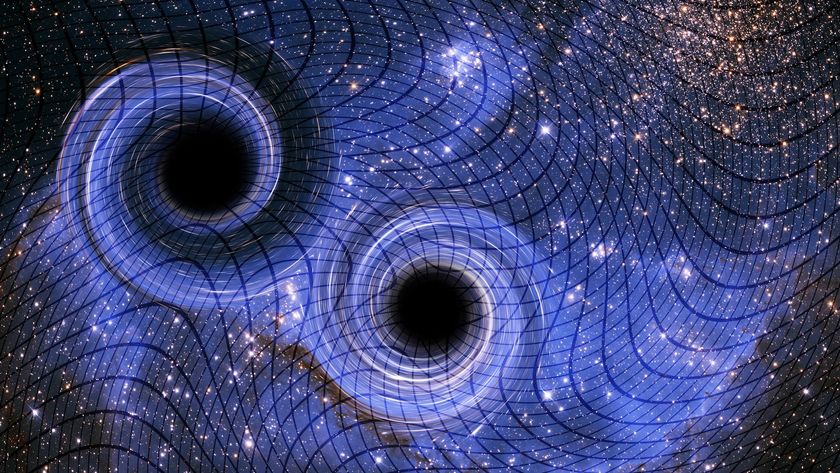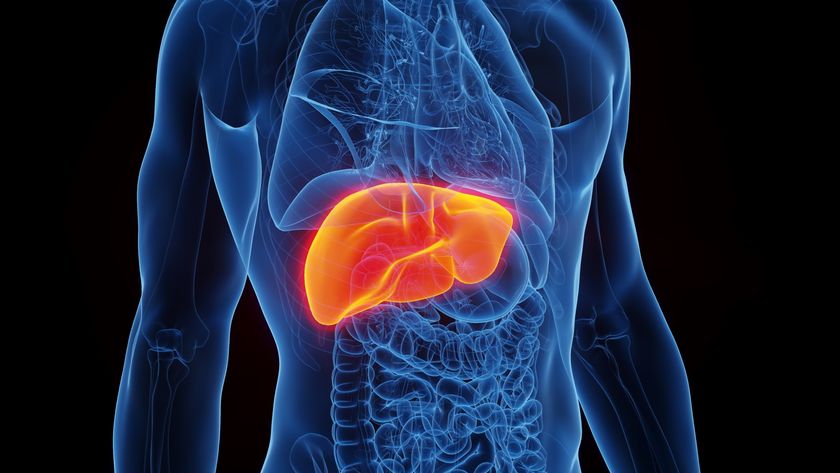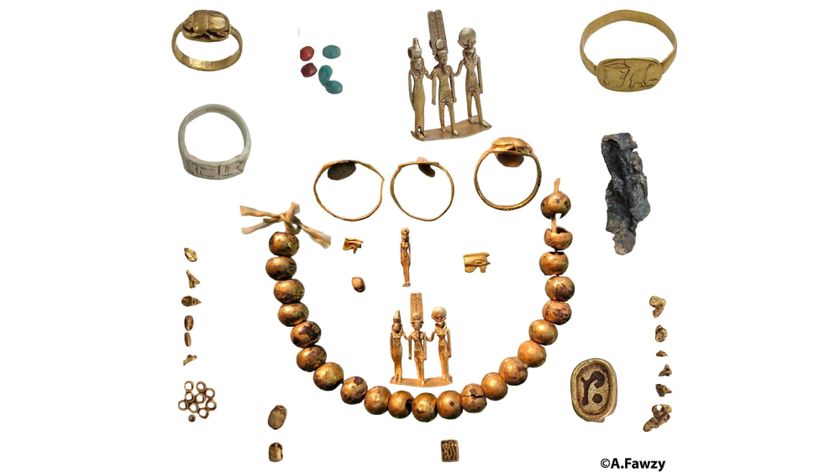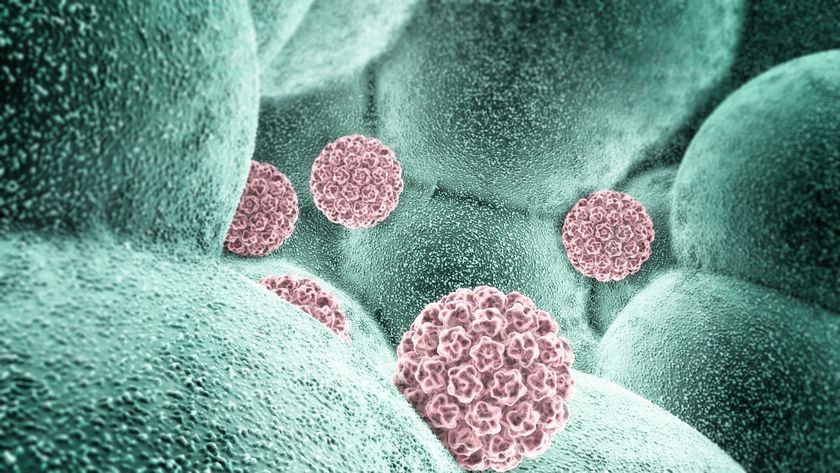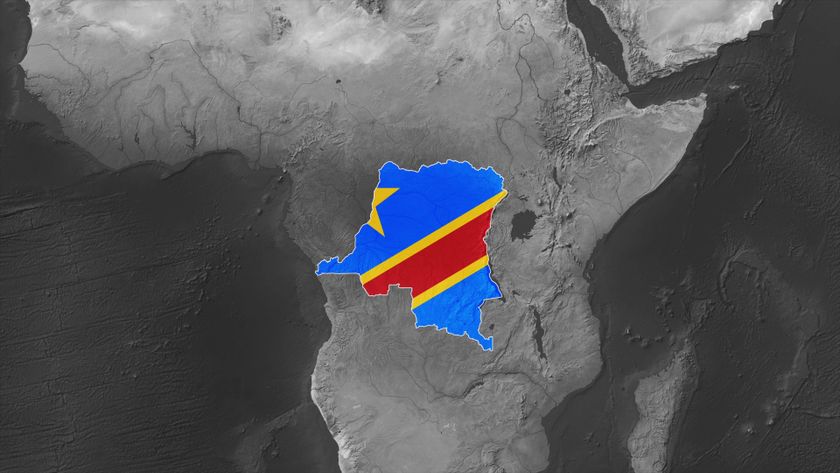Global Warming Spurs Extreme Weather, Most in US Believe
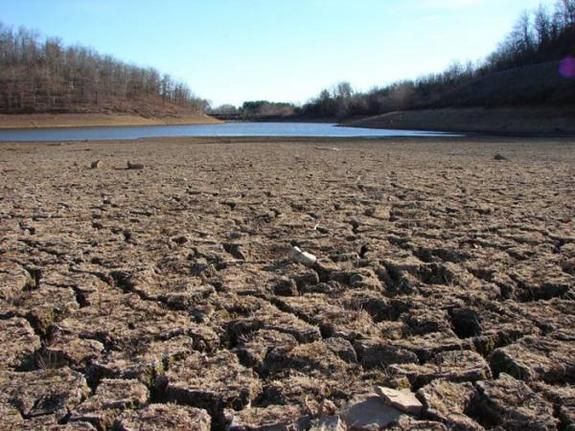
The majority of Americans think global warming is not only affecting weather but is also worsening extreme weather events, including record-high summer temperatures and the Midwest drought, a new survey released today (Oct. 9) finds.
Between Aug. 31 and September, more than 1,000 participants ages 18 and over answered survey questions about their beliefs on global warming and its link to weather events. The results were weighted to give nationally representative numbers.
Overall, there has been an uptick in Americans who see a link between global warming and weather events, as well as those who think weather has gotten worse over time, compared with the March survey, both of which were conducted by the Yale Project on Climate Change Communication and the George Mason University Center for Climate Change Communication.
For instance, 74 percent (a 5 percent increase from March) of Americans said "global warming is affecting weather in the United States." The increase was mostly driven by changing beliefs of residents in the Northeast (82 percent saw a link, up 11 points from March) and the South (75 percent, up 9 points).
A majority of Americans also felt that global warming worsened the six extreme-weather events asked about. For instance, 73 percent either strongly agreed or somewhat agreed that global warming had worsened the record-high temperatures this summer; 64 percent said the same of a derecho, or fast-moving band of thunderstorms, which traveled from Indiana to Virginia in June, causing massive power outages and other damage. [Extreme Weather Facts: Quiz Yourself]
Many also agreed that warming had worsened drought in the Midwest and Great Plains (71 percent), the unusually warm winter of 2011-2012 (71 percent), the unusually warm spring of 2012 (70 percent), and record forest fires in the American West (65 percent).
Compared with the March results, more than twice as many Midwesterners said they had experienced an extreme heat wave (83 percent) or drought (81 percent).
Sign up for the Live Science daily newsletter now
Get the world’s most fascinating discoveries delivered straight to your inbox.
Fifty-one percent of Americans said droughts have become more common in their local area over the past few years. (By the end of August 2012, more than 60 percent of the contiguous United States was affected by moderate to exceptional drought.)
And things are perceived to be getting worse: Some 61 percent of Americans indicated U.S. weather has gotten worse in the past several years, up 9 points from March. Looking at local weather, 56 percent of those in the South say it has gotten much or somewhat worse over the past few years, while half of Midwesterners, 43 percent of Westerners and 42 percent of those in the Northeast said the same.
The study, whose results had an average margin of error of plus or minus 3 percent, was funded by the Surdna Foundation, the 11th Hour Project and the Grantham Foundation.
Follow LiveScience on Twitter @livescience. We're also on Facebook & Google+.
Jeanna Bryner is managing editor of Scientific American. Previously she was editor in chief of Live Science and, prior to that, an editor at Scholastic's Science World magazine. Bryner has an English degree from Salisbury University, a master's degree in biogeochemistry and environmental sciences from the University of Maryland and a graduate science journalism degree from New York University. She has worked as a biologist in Florida, where she monitored wetlands and did field surveys for endangered species, including the gorgeous Florida Scrub Jay. She also received an ocean sciences journalism fellowship from the Woods Hole Oceanographic Institution. She is a firm believer that science is for everyone and that just about everything can be viewed through the lens of science.
